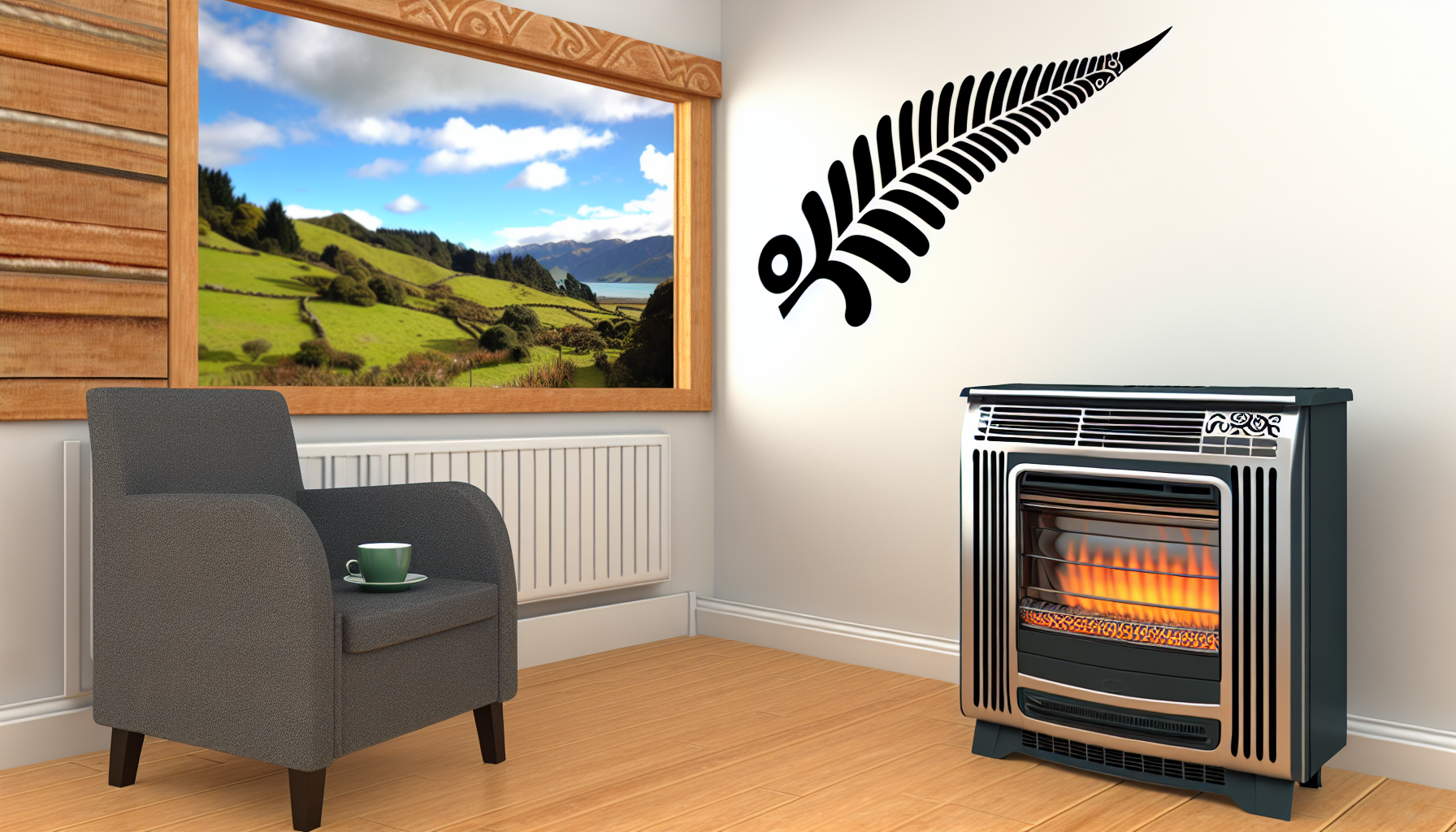Alright, let’s talk gas heaters. If you’re in New Zealand and thinking about getting one, you probably want to know if they’re worth it, how they work, and what to watch out for. So, let’s break it down in plain English.
Why Choose a Gas Heater?
Simple—because they heat up quickly. On a freezing winter morning in Wellington or Christchurch, the last thing you want is to wait ages for your room to warm up. Unlike heat pumps that take a bit of time to crank up, gas heaters pump out warmth fast.
Plus, they can be more effective in larger spaces. That’s why you’ll often see them in open-plan living areas where heat pump air can struggle to circulate properly.
Oh, and if you’re comparing power bills, gas heating can sometimes work out cheaper, especially if you’ve already got reticulated gas in your home (like with a gas hot water system). But if you’re using bottled LPG, you’ll need to factor in those refills.
Types of Gas Heaters
There are two main types: flued and unflued. Here’s the difference.
Flued Gas Heaters
These have a vent (or flue) that sends emissions outside. That means no moisture buildup inside your home, which helps prevent dampness and mould. They’re a bit more expensive up front, but much healthier for indoor air quality. Rinnai and Escea are solid brands to check out for these.
Unflued Gas Heaters
These are the portable ones you see in a lot of households, often running on an LPG bottle. They’re cheaper to buy, but there’s a catch—they release gases and moisture into your home. That’s why most Kiwi health experts (and even EECA) don’t recommend using them in small or poorly ventilated spaces. If you do use one, crack a window and don’t sleep with it on.
🏡 Quick tip: If you’re renting, check your landlord’s heating options. The Healthy Homes Standards don’t allow unflued gas heaters as the main heating source in rentals anymore.
Running Costs & Efficiency
Alright, let’s talk numbers. If you’ve got mains gas (like through Vector or First Gas), running a flued gas heater can be pretty efficient. It’s often cheaper than using an electric heater, especially in colder regions like the South Island where heat pumps have to work harder.
But if you’re buying those 9kg LPG bottles from The Warehouse or Bunnings, costs can stack up fast. A single bottle may only last two or three weeks if you use the heater regularly. So, compare this to what you’d pay for electricity—sometimes a heat pump wins in the long run.
What About Safety?
Gas heaters are great, but only if you’re using them properly. A few things to keep in mind:
- Ventilation matters. Especially for unflued heaters, always have some airflow.
- Carbon monoxide is a risk. If your heater isn’t burning properly, it can release CO, which is dangerous. A carbon monoxide alarm is a good idea.
- Get it serviced. If you’ve got a flued gas heater, book a check-up every couple of years (especially before winter). Master Plumbers NZ can help find someone reliable.
- Watch out for old portable gas heaters. If it smells strong when you turn it on, there could be a leak. Probably time for an upgrade.
Where Can You Buy Gas Heaters in NZ?
If you’re after a new one, check out places like:
🔥 Mitre 10 – Good range of gas heaters, both portable and flued.
🔥 Bunnings – Usually has LPG options at decent prices.
🔥 Noel Leeming – Stock higher-end heaters, including from Rinnai.
🔥 Plumbing World – Better for built-in gas heating systems.
🔥 Trade Me – Sometimes you’ll find good second-hand deals, but check safety!
So, Should You Get One?
If you want fast heat and have a good gas setup already, a flued gas heater can be a great option. But if you’re relying on bottled LPG, check the long-term costs—it might be worth looking at a heat pump instead. And if you’re thinking about a portable one, just remember to keep the room ventilated for safety.
Want to compare heating options? Have a look at **Gen Less NZ (genless.govt.nz)**—they break down energy efficiency and running costs really well. No fluff, just the facts.
Stay warm! 🚀


Leave a Reply